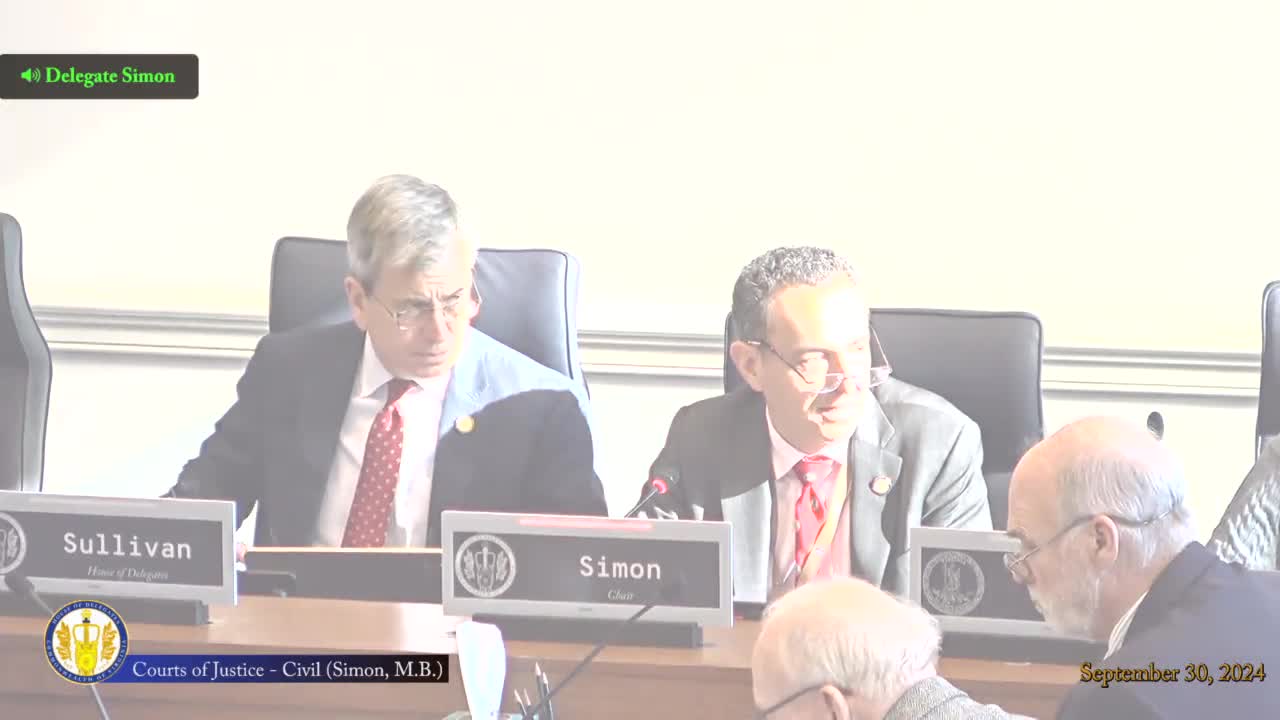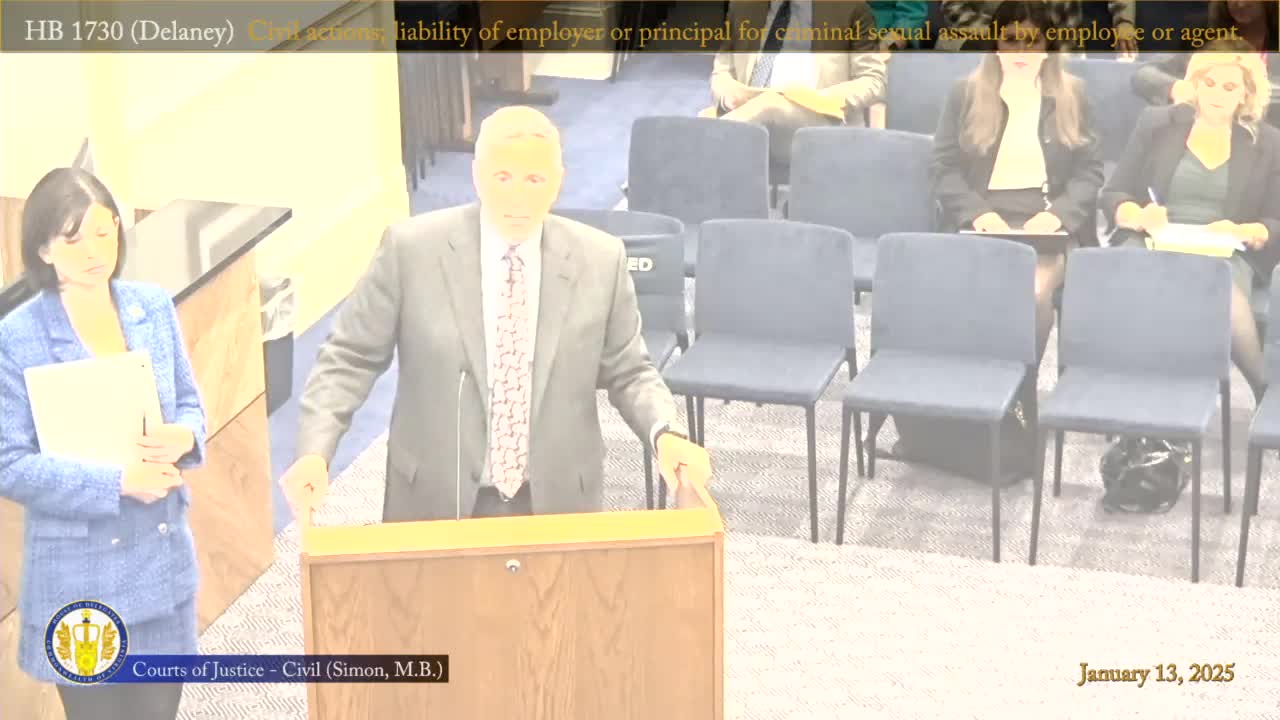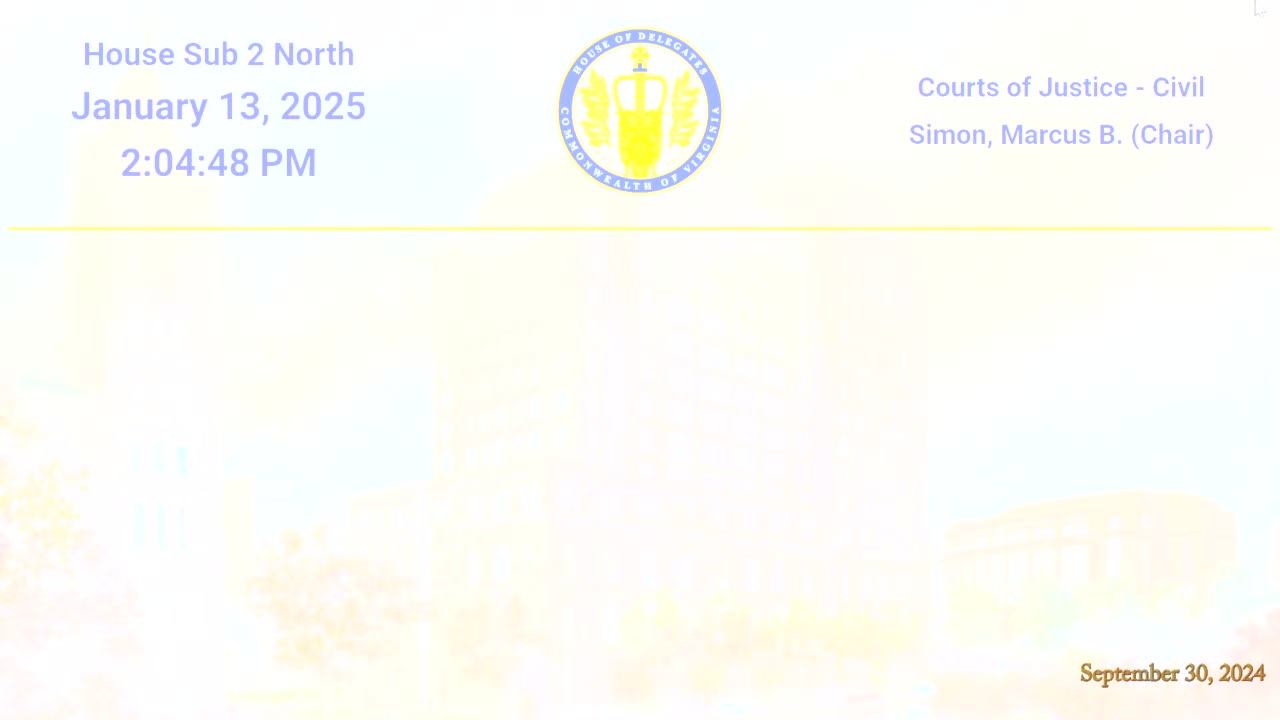Article not found
This article is no longer available. But don't worry—we've gathered other articles that discuss the same topic.

Subcommittee advances bill letting judges waive 72-hour sheriff notice after writ of possession in squatter cases

Subcommittee advances bill letting juries decide employer liability for employee sexual assaults; hospitals and business groups oppose

